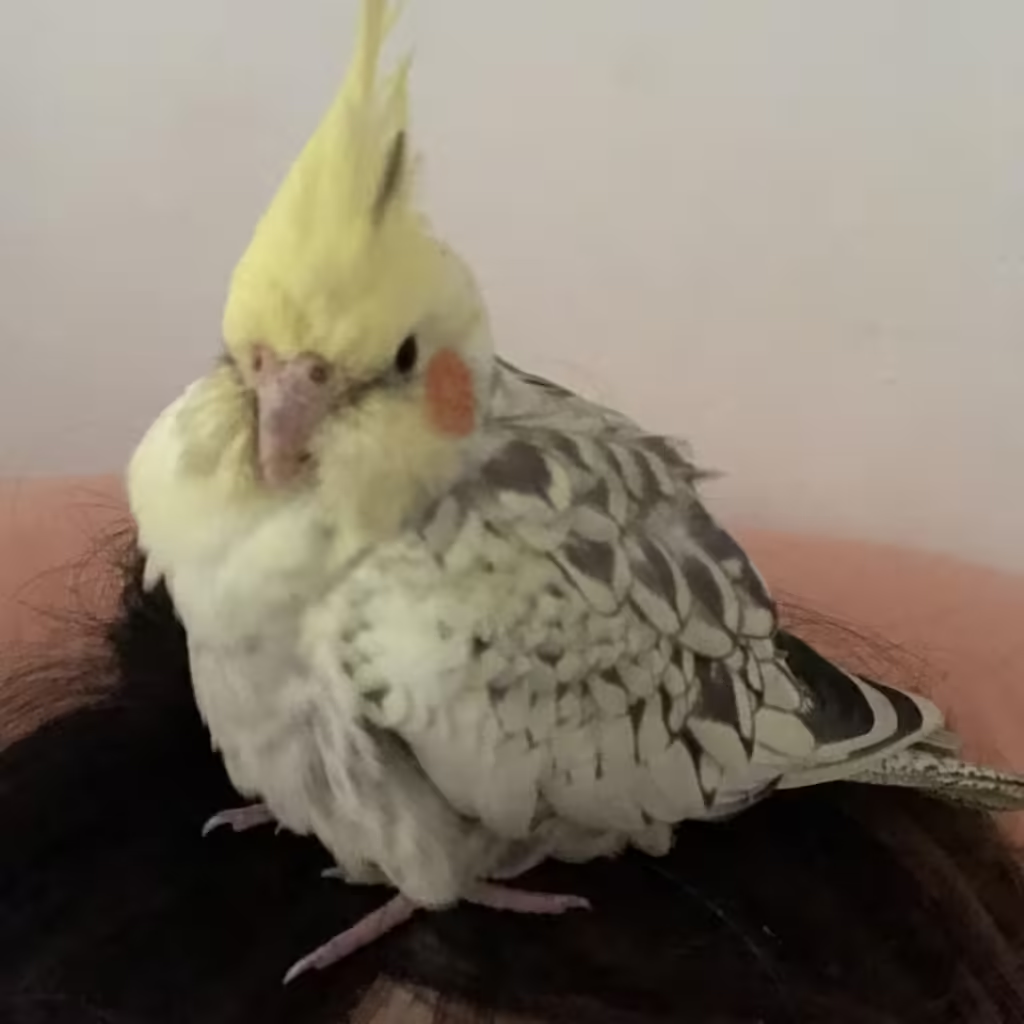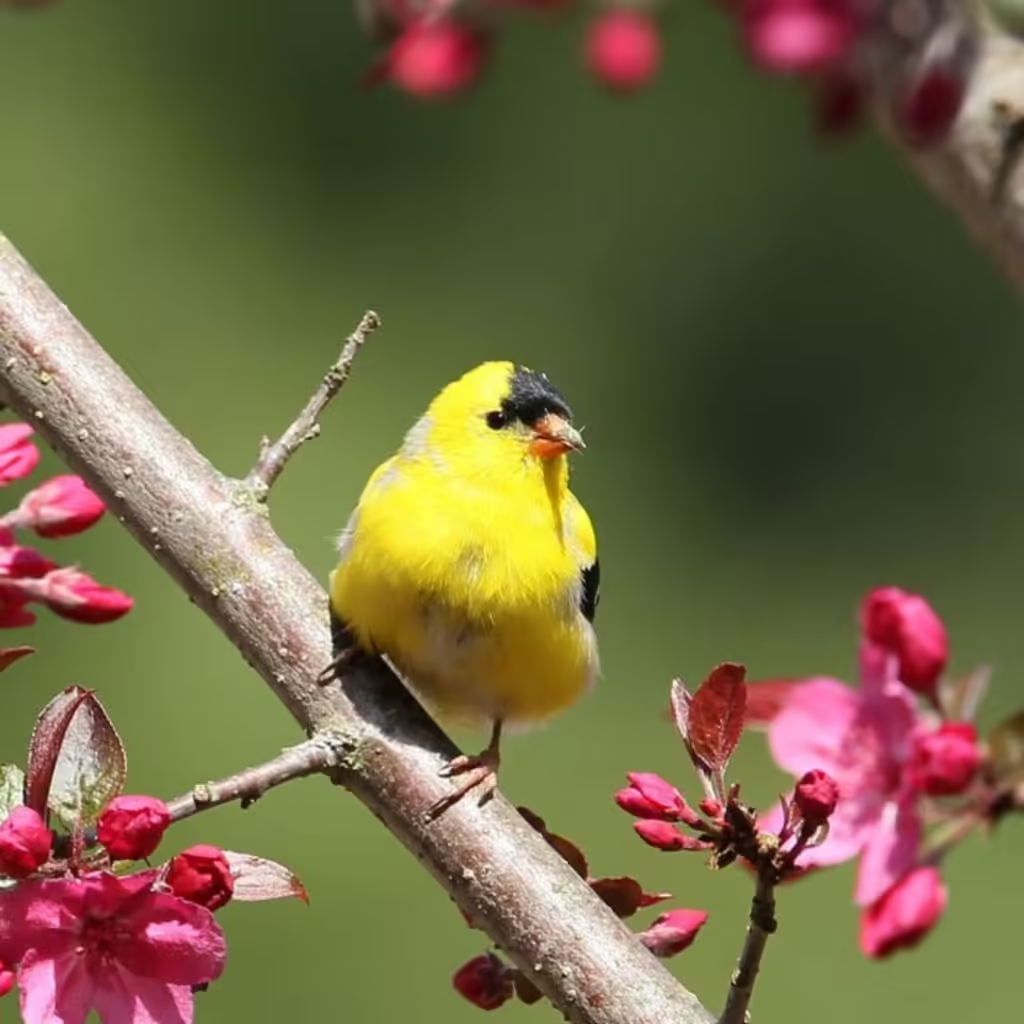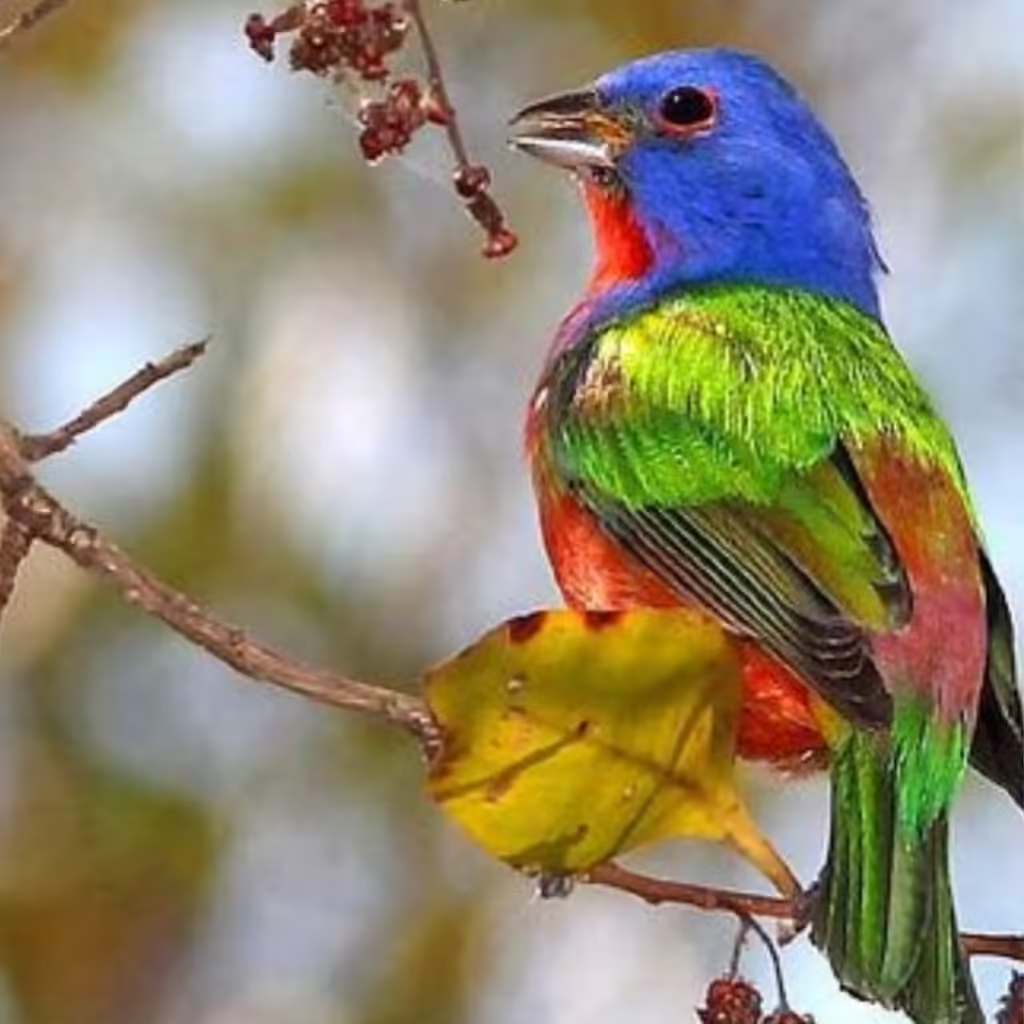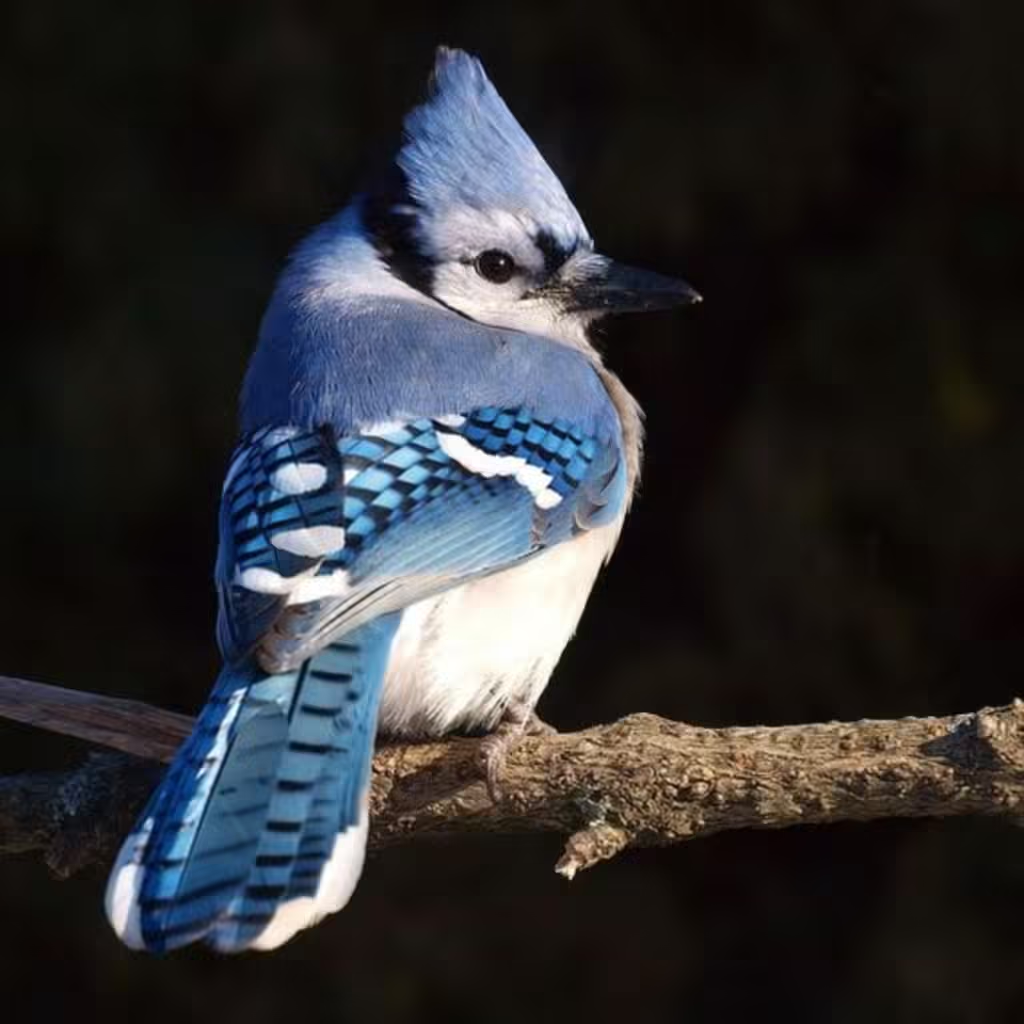
As bird lovers, we often wonder what human foods are safe to share with our feathered friends. One question that frequently arises is whether birds can eat chocolate without any harmful effects. The answer, however, is a resounding no – chocolate should never be given to birds as it can be highly toxic and even life-threatening to them.
Also Read: Is Watermelon Safe for Birds?
Understanding the Dangers of Chocolate for Birds
Chocolate contains two main harmful components to birds: theobromine and caffeine. Both of these substances are classified as methylxanthines, which are toxic to many animals, including birds.
Theobromine is the primary ingredient in chocolate that poses a risk to birds. It is a bitter alkaloid that can affect the heart, central nervous system, and kidneys of birds, leading to serious health complications. Even small amounts of theobromine can be dangerous, as birds are highly sensitive to this compound.
Caffeine, while present in lower concentrations, can also contribute to the toxic effects of chocolate on birds. It acts as a stimulant and can cause restlessness, increased heart rate, and other adverse reactions when consumed in excessive amounts.

The Risks of Chocolate Ingestion in Birds
If a bird ingests chocolate, the consequences can be severe. Some of the potential risks include:
1. Digestive Issues: Chocolate can cause vomiting, diarrhea, and abdominal discomfort in birds, leading to dehydration and electrolyte imbalances.
2. Cardiovascular Problems: The methylxanthines in chocolate can increase heart rate and blood pressure, potentially leading to cardiac arrhythmias or even heart failure in severe cases.
3. Neurological Effects: Chocolate can cause hyperactivity, tremors, seizures, and even coma in birds due to its effects on the central nervous system.
4. Kidney Damage: The metabolites of theobromine and caffeine can accumulate in a bird’s body and potentially cause kidney damage or failure.

The Importance of Prevention
Given the potential risks, it is crucial to prevent birds from accessing and consuming chocolate. Here are some tips to keep your feathered friends safe:
1. Store Chocolate Securely: Keep all chocolate products, including baking chocolate, cocoa powder, and chocolate-covered treats, in airtight containers and out of reach of your birds.
2. Supervise Treats: If you plan to offer your bird any human food as a treat, ensure it is bird-safe and does not contain chocolate or other harmful ingredients.
3. Clean Up Spills Promptly: If you accidentally spill or drop chocolate in your bird’s environment, clean it up immediately and thoroughly to prevent accidental ingestion.

4. Educate Others: Make sure everyone in your household, including children and guests, understands the dangers of feeding chocolate to birds.
Also Read: What Are The Signs Of a Sick Bird?
Conclusion
While chocolate may be a delightful treat for humans, it is strictly off-limits for our feathered companions. By understanding the risks and taking preventive measures, you can ensure the safety and well-being of your beloved birds. If you suspect your bird has ingested chocolate, seek immediate veterinary attention to minimize the potential for serious health consequences.
Pingback: Can Birds Eat Dates? Unveiling The Mystery
Pingback: Is Banana Safe For Parrots?